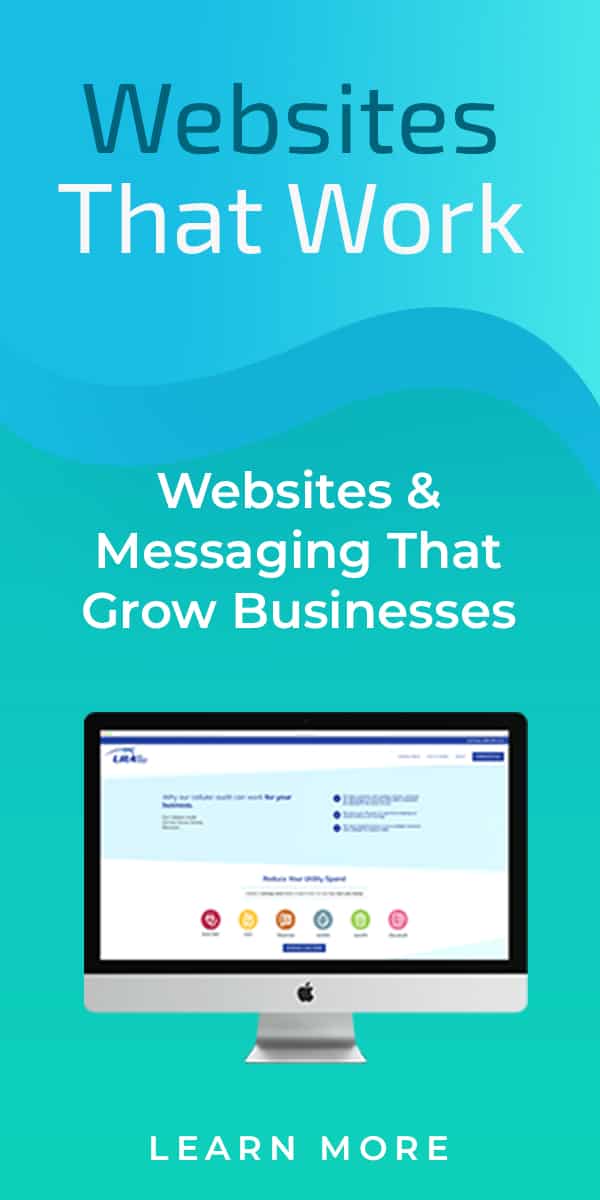The information age has changed the way customers purchase products. Today, customers rely on social media posts, reviews, and recommendations from other consumers rather than direct interactions with sales representatives.
For this reason, many companies are turning to Customer Relationship Management (CRM) solutions, which help businesses to maintain relationships with their customers and improve customer engagement across all channels.
What is CRM?
A CRM system is a business tool designed to track and manage interactions with customers.
The goal of a CRM system is typically to gain an understanding of each individual customer so that the business may use this information to personalize future interactions, provide better customer service, increase sales, and retain loyal patrons for repeat business.

How CRM Systems Track Customers
There are two primary ways in which CRM systems track customers:
1. By recording each interaction between the company and its clients
2. Through data entered by employees within the company (e.g., address changes or birthdays)
There are also secondary tools employed by modern CRMs; these work to supplement the primary tracking methods by compiling information from a variety of sources. For example, a desktop version of a CRM system may include a search bar that is designed to look up customer data stored on a company’s computers or in the cloud.
Benefits of CRM Implementation
There are numerous benefits of CRM systems but the most obvious is an increase in the efficiency and accuracy of marketing campaigns, sales pitches, and customer service interactions. CRM systems provide the necessary information to accurately target customers with promotional materials and ensure that employees can address customer complaints and questions quickly and efficiently.
A CRM system also provides a historical record of all interactions between a company and its customers. This allows for better decision-making when it comes to prioritizing projects or perhaps deciding what promotions best suit certain segments of the customer base (i.e., those who frequently purchase product X as opposed to those who buy far more frequently from competitor Y).

Types of Businesses That Benefit From CRM Systems
CRM systems are most often implemented in companies that rely on revenues from repeat customers or clients. While these may be small brick-and-mortar shops, they can also include larger online retailers who sell goods and services to consumers around the world.
CRM systems provide an unparalleled tool for keeping track of customer purchases as well as those who have expressed interest in a company’s products but have yet to make a purchase.
In addition to those businesses whose bread and butter is sales to existing customers, CRMs provide amazing benefits to companies with a sales force whose talent lies outside of dealing with customers directly. For example, employees within a contact center or call center environment will have access to tools that allow them to quickly research customers’ accounts and check for recent purchase history or previous issues with the company.
CRM System Benefits for Non-Sales Focused Businesses
While CRMs are most often used by companies who rely on customer revenues, there are also benefits to be reaped by businesses that do not earn most of their money through direct sales. For example, an eCommerce site may implement a CRM system in order to quickly research all past purchases and gain insight into what products their best (and perhaps most profitable) customers tend to purchase frequently.
Finally, even if a company does not see much revenue from clients or customers directly, implementing a CRM system can still benefit them by automating administrative tasks such as updating contact records and sending email confirmations based on subscriber actions (e.g., when a subscriber marks an email as spam versus when they open or click-through from a given email).

ERP vs. CRM
In some business models, a CRM is used in conjunction with Enterprise Resource Planning (ERP) systems.
ERP represents all aspects of a company’s internal operations, including accounting and finance, inventory management, production scheduling, and purchasing. By implementing ERP and CRM systems together, companies can gain more fine-tuned insights into their business operations and workforce productivity.
CRM Integrations
CRM systems are also often created with the intention of integration into other software platforms. This allows for seamless data exchange between existing (and often disparate) systems used to manage company operations.
For example, a CRM system may integrate with human resource management tools or accounting software in order to provide more streamlined interactions that can happen within a single program without having to switch from one application to the next.
In addition, this integration helps reduce errors by automatically updating customer records and increasing accuracy when it comes to entering payment information on behalf of customers who have already purchased items through an eCommerce platform.
The implementation of CRMs requires a great deal of planning upfront. Most CRMs exist as cloud-based services rather than installed programs which means that they must be scaled to meet the company’s needs while also integrating with existing technology platforms.

CRM Systems
There are many popular CRM systems available. Each system has its pros and cons; however, the market seems to be shifting toward a few large players who offer comprehensive CRM systems with many useful integrations.
Microsoft Dynamics CRM
Microsoft’s entry into the CRM market is one of the most popular for several reasons: it is part of an already-established suite of applications that includes accounting tools such as Excel and Word; it integrates extremely well with other Microsoft products such as Outlook and Powerpoint; it offers a wide range of pre-built features including social media integration, mobile access for employees outside the office, and built-in analytics. In addition to these benefits, Microsoft Dynamics CRM has over 40,000 add-ons created by developers who have integrated their services in order to expand the functionality of the software.
Apple iCloud
Apple’s entry into customer relationship management has been used in many smaller companies for its ease of use and built-in integrations with other Apple products that are widely used by small business owners (e.g., iMessage, Facetime). The system includes a set of dashboards that provide quick views into information such as sales, marketing, support cases, and billing.
Zoho CRM
Zoho CRM focuses primarily on simplicity and affordability. Their goal was to create an application that didn’t require any previous experience or extensive knowledge about CRMs in general; instead, Zoho CRM is designed for everyone, from new employees to executives, to be able to use the software easily. In addition, Zoho CRM also offers an affordable pricing plan for small businesses that would like a paid solution without having to purchase other software from the vendor.
Salesforce
Salesforce is one of the leaders in account-based marketing (ABM). The company even offers consulting services that help companies craft more targeted marketing campaigns by combining data about sales history with demographic and behavioral information of potential customers. Furthermore, Salesforce may be used as part of an ABM campaign because it allows companies to target different types of users depending on their role within the organization; for example, marketing managers could create lists of top-selling customers while sales directors could monitor key accounts or contacts within each region.

Conclusion
CRM systems are becoming integral to the success of struggling companies, but choosing the right CRM is no easy task. Make sure to consider the size of your organization, its current technology platforms, and how each CRM can integrate with existing software before making your final decision about which one(s) will work best for your business.
Struggling to choose and integrate a CRM System? We can help – contact us today!


